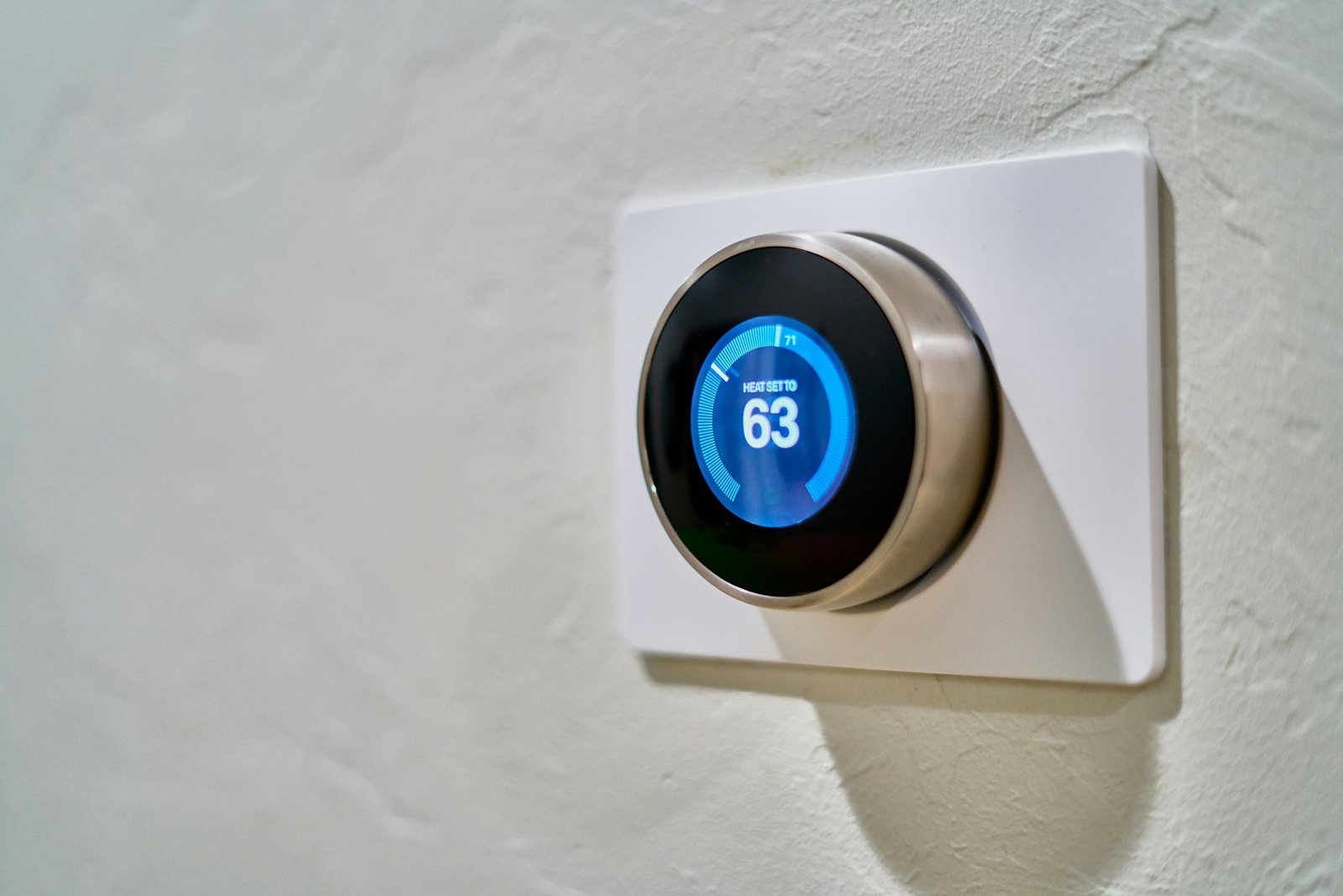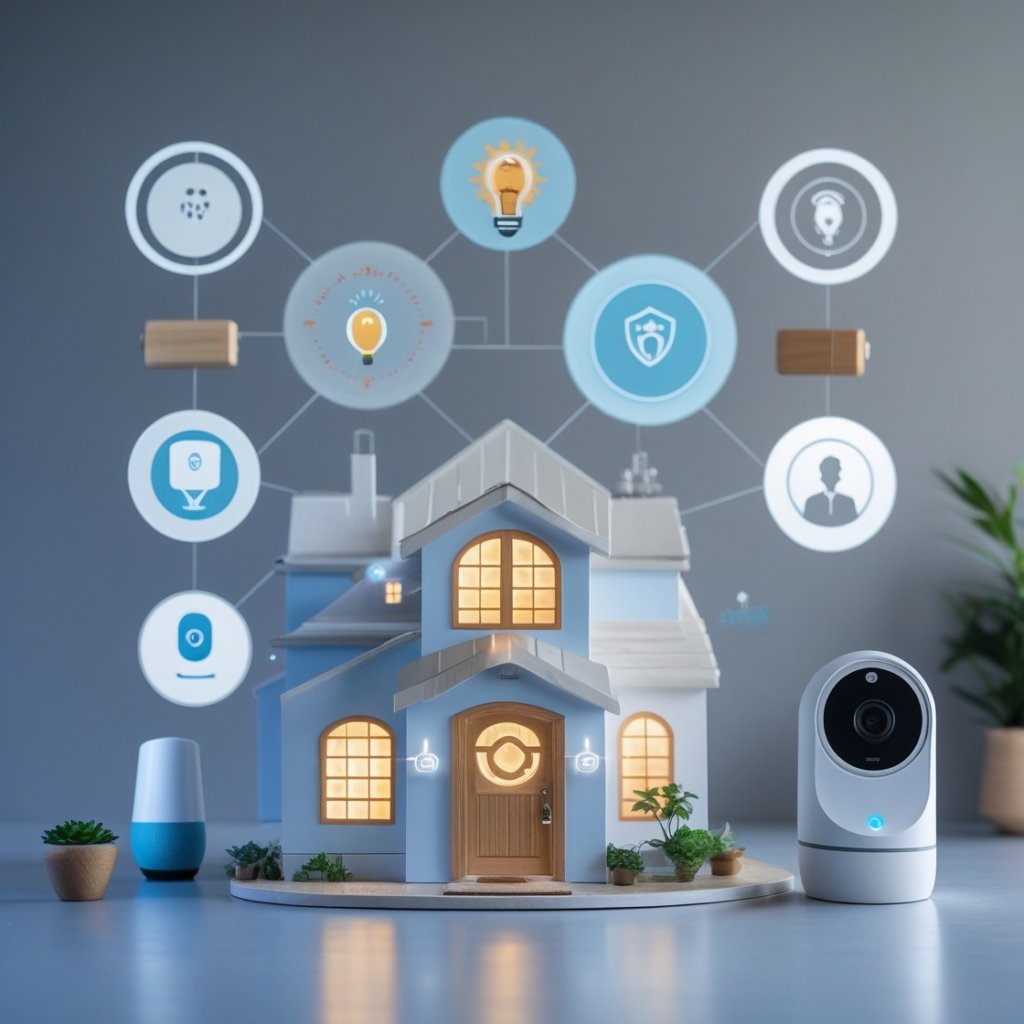Artificial Intelligence (AI) is revolutionizing modern homes, making them smarter, more efficient, and highly responsive to human needs. AI-powered smart homes utilize automation, machine learning, and interconnected devices to provide a seamless living experience. From voice-controlled assistants to energy-efficient management, AI is reshaping how we interact with our living spaces. Here, we explore the transformative impact of AI in smart homes.

AI-Powered Home Automation
One of the most prominent ways AI is shaping smart homes is through automation. AI-driven systems can learn from user habits, adapting to preferences without manual input. Smart thermostats, such as Nest and Eco bee, adjust temperatures based on occupancy patterns, optimizing energy consumption and enhancing comfort. Similarly, AI-powered lighting systems regulate brightness and color based on the time of day, mood, or even weather conditions.
Example: Amazon Alexa and Google Assistant enable users to control lights, appliances, and security systems through voice commands, creating a highly interactive and convenient home environment.
Enhanced Security with AI

AI plays a crucial role in home security, providing real-time monitoring and advanced threat detection. AI-driven surveillance cameras use facial recognition and motion detection to identify unauthorized individuals. Additionally, smart doorbells with AI integration can alert homeowners about visitors and even differentiate between humans, animals, and objects.
Example: Ring and Nest Hello doorbells use AI to analyze video footage, ensuring homeowners receive only relevant notifications, reducing false alarms and enhancing overall security.
Smart Energy Management
Energy efficiency is a key focus of AI-powered smart homes. AI-driven energy management systems monitor usage patterns and suggest ways to reduce electricity consumption. Smart grids integrate AI algorithms to optimize energy distribution, reducing costs and minimizing environmental impact.
Example: Tesla’s Powerwall, combined with AI, manages energy storage efficiently by predicting household energy needs based on past usage trends.
Personalized Entertainment and Convenience
AI is enhancing entertainment by creating personalized experiences based on user preferences. Streaming platforms utilize AI to recommend content, while smart speakers integrate with AI to play music, answer questions, and control other home devices. AI can also assist in daily tasks, such as grocery shopping, by integrating with smart refrigerators that track inventory and suggest recipes based on available ingredients.
Example: Samsung’s Family Hub refrigerator uses AI to recognize stored items and notify users when groceries are running low, simplifying meal planning and reducing food waste.
The Future of AI in Smart Homes
The future of AI in smart homes is promising, with developments in robotics, augmented reality, and IoT integration pushing boundaries further. AI-driven home assistants will evolve to handle complex tasks, including real-time health monitoring, automated cooking, and even emotional recognition to enhance well-being. As AI continues to advance, smart homes will become even more intuitive, creating a living space that adapts to human needs effortlessly.


